
Berlin in winter is more a ritual than a season: candles, choirs, and currywurst smoke twist together under fairy lights. For expats, it’s not just decoration — it’s initiation. We’re introducing 10 German holiday traditions that will crack the code on why the locals hum carols in supermarkets and why the city feels so alive when it’s freezing.
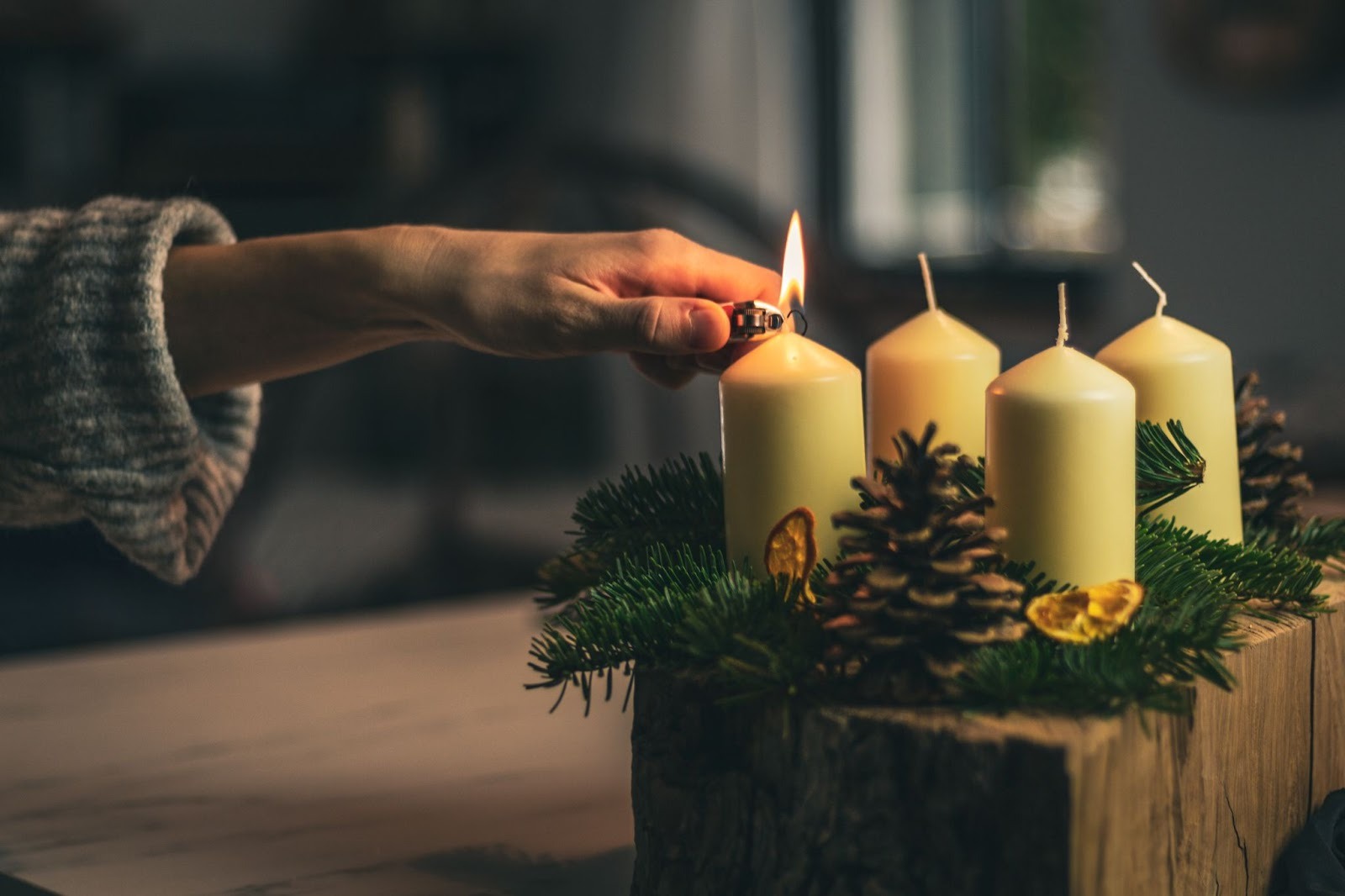
From late November, Berlin slows into Adventszeit — four weeks of candles, calendars, and reflective calm. Light one candle each Sunday and you’re officially participating. Many offices host small Advent breakfasts; say yes. It’s half-spiritual, half-social therapy for Berlin’s dark days.
Read more about how locals prepare in our German Holiday Guide 2025.
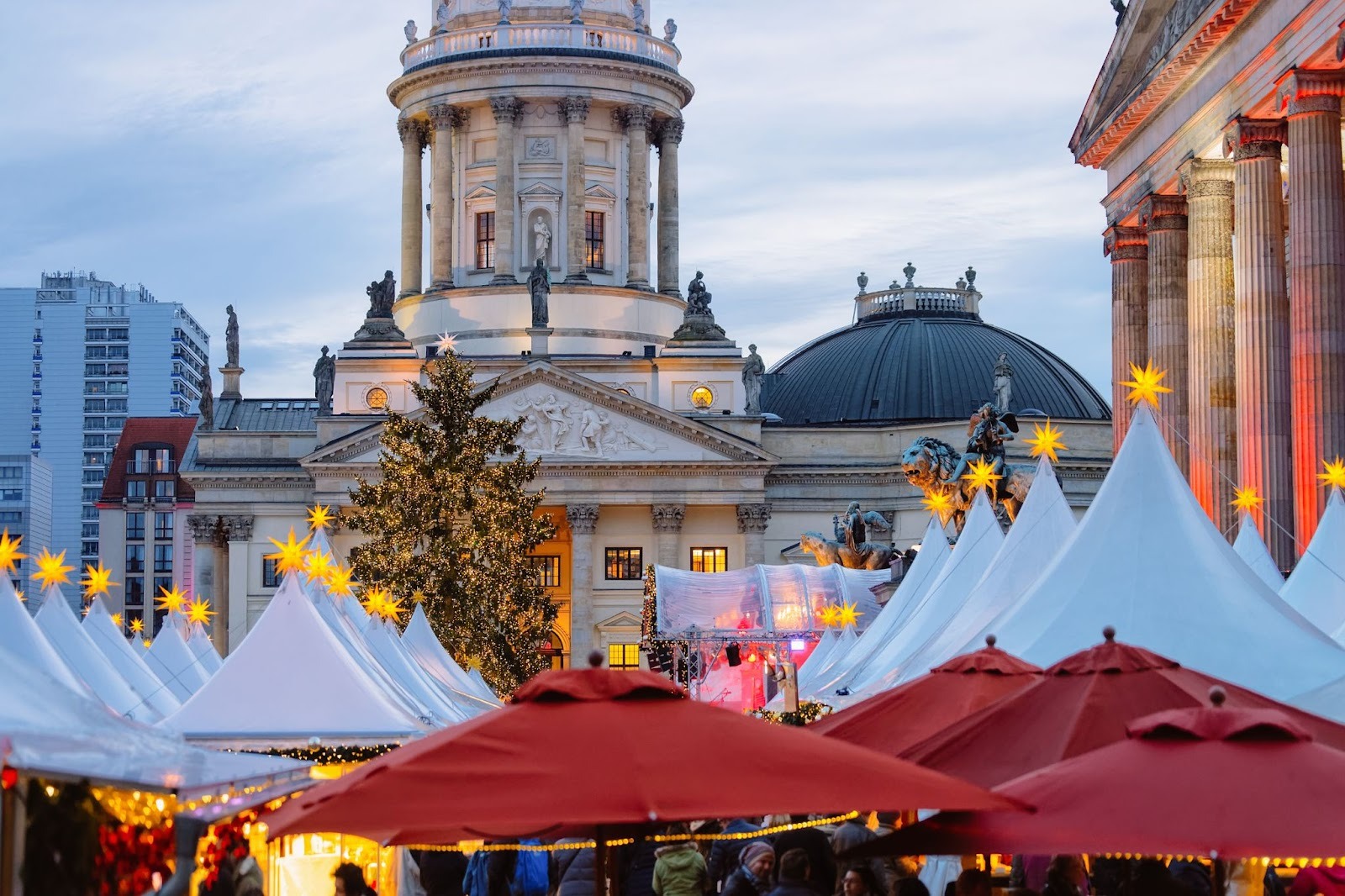
They open from November 24 to December 31, filling squares like Gendarmenmarkt and Charlottenburg Palace with mulled wine, roasted nuts, and handmade gifts. Bring cash, avoid weekends, and don’t expect Wi-Fi.
Table Tip:
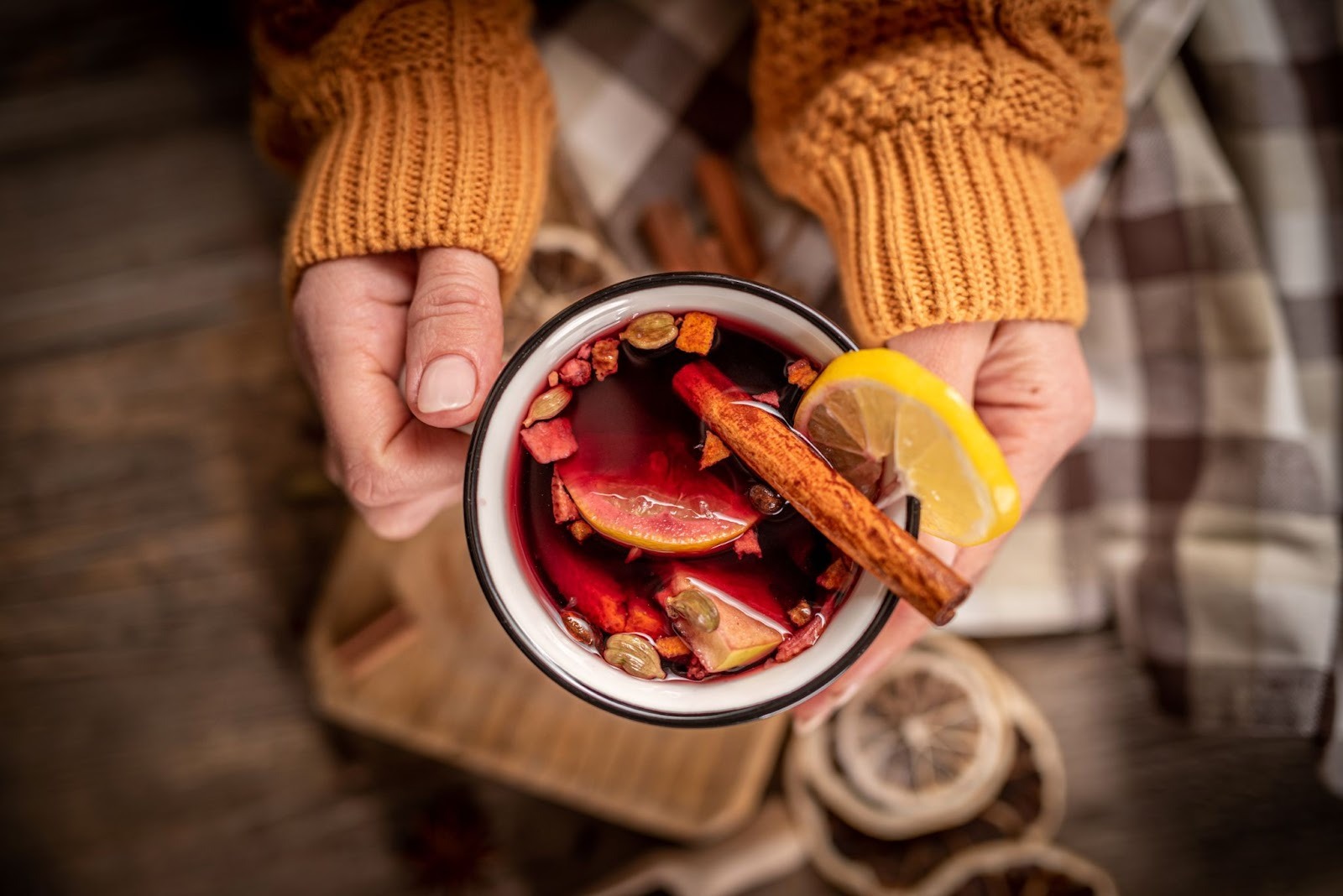
Every Berlin winter runs on two fuels: Glühwein (mulled wine) and Feuerzangenbowle (rum-soaked sugarloaf set on fire). Locals swear the heat and the sugar keep colds away. Order the mug with a deposit (“Pfand”) and return it or keep it as your first Berlin souvenir.

On November 11, join children carrying glowing lanterns through neighborhoods from Charlottenburg to Friedrichshain. They sing the old hymn “Sankt Martin, Sankt Martin” about St. Martin’s Day, before gathering for hot cocoa and the Martinsgans roast goose dinner.
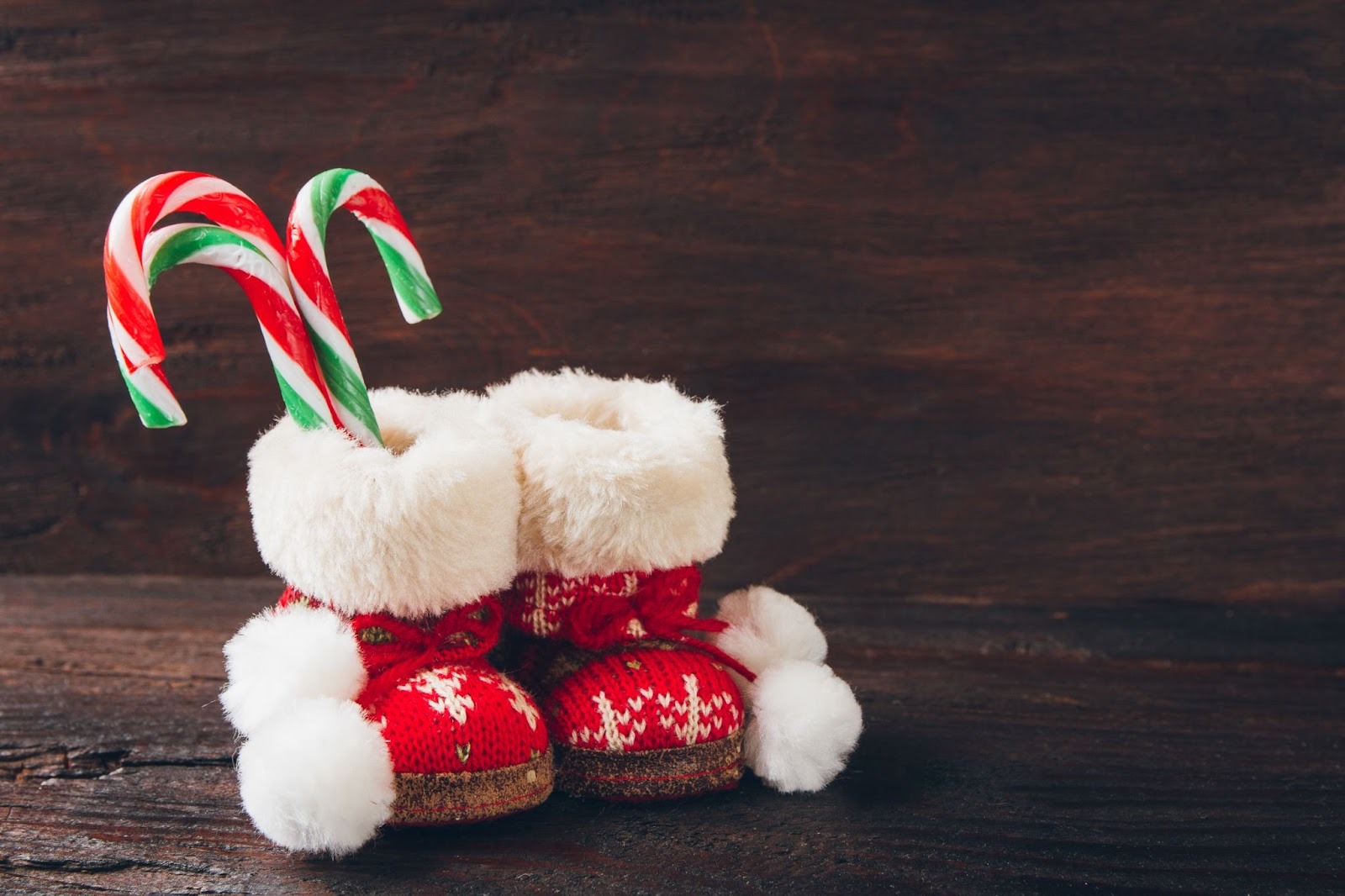
On December 6, Germans wake up to candy-filled boots left outside their doors. For expats, it’s a low-stakes way to feel festive — shine your shoes, leave them out, and see if your flatmates play along. Naughty? Expect a carrot and coal.
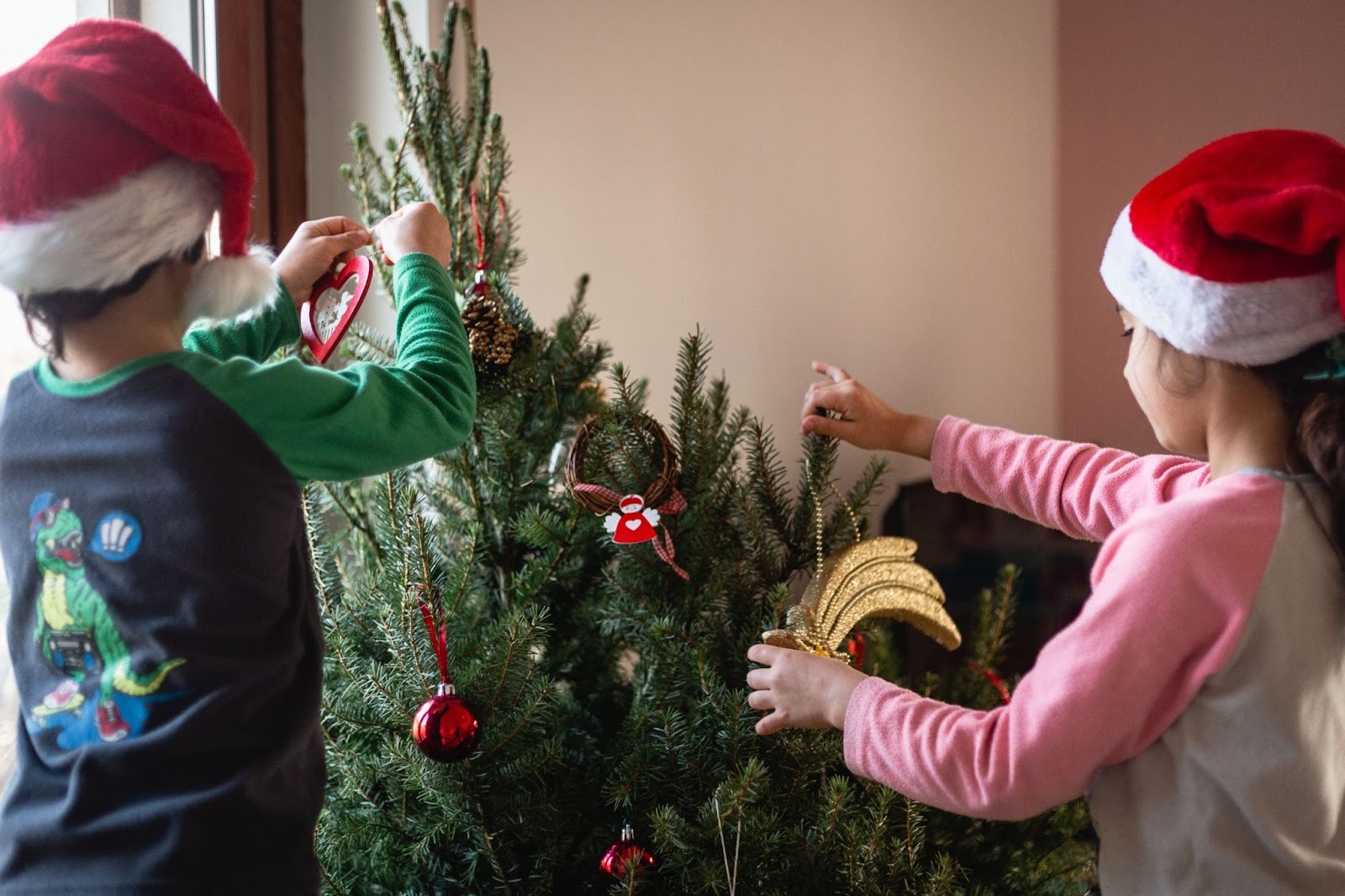
In Germany, the Christmas tree (Tannenbaum) goes up right before Christmas Eve, not in November. Real trees are the rule; fake ones are for offices. You’ll spot people hauling spruces home on the U-Bahn. Pro tip: Buy from Boxhagener Platz markets for fair prices.
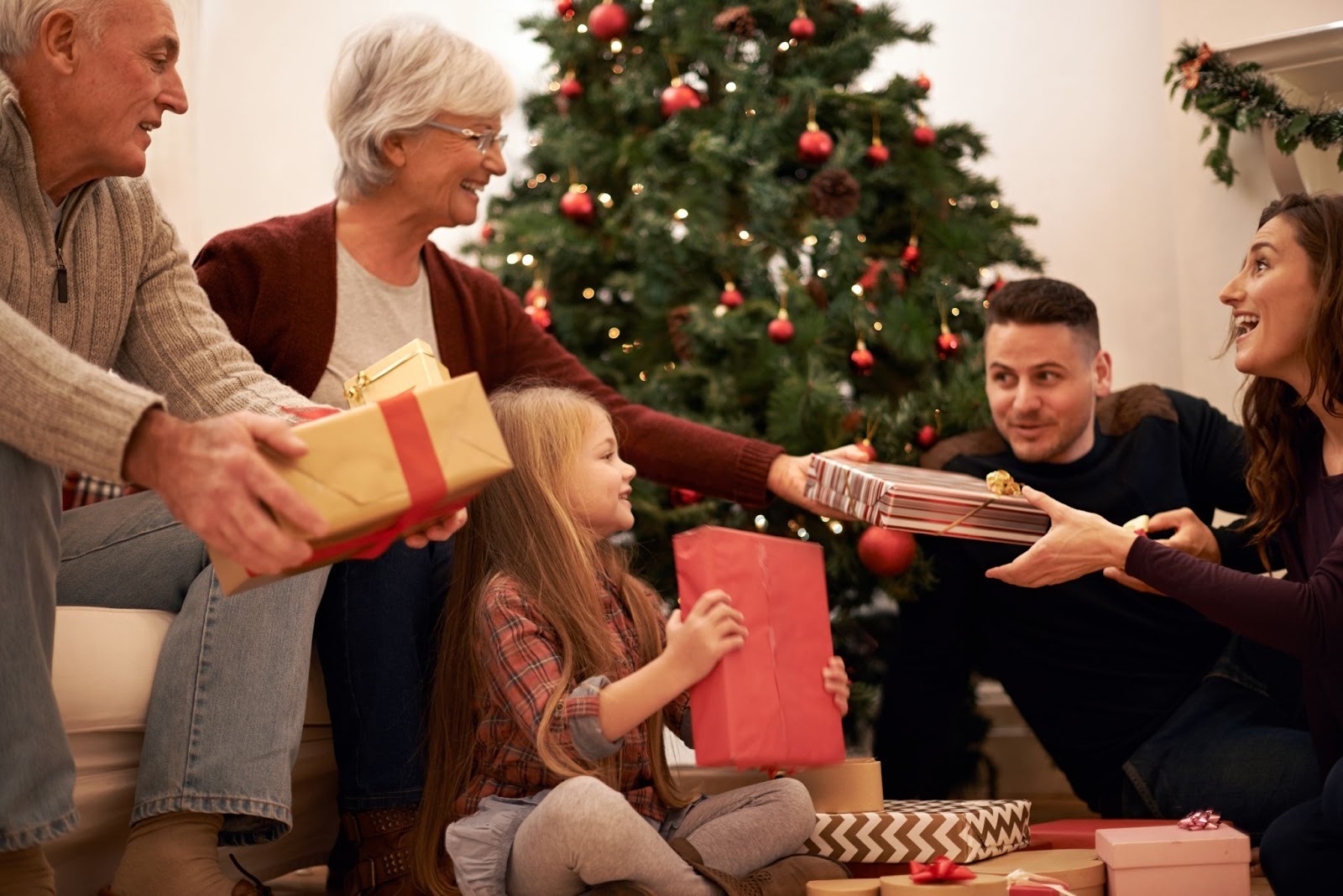
Forget December 25 — the big celebration is Heiligabend, the 24th. Families exchange gifts after church or dinner. For expats staying in Berlin, book a cozy restaurant early or attend a public choir service.
See our Christmas in Berlin 2025 Guide for where to eat when everything else is closed.
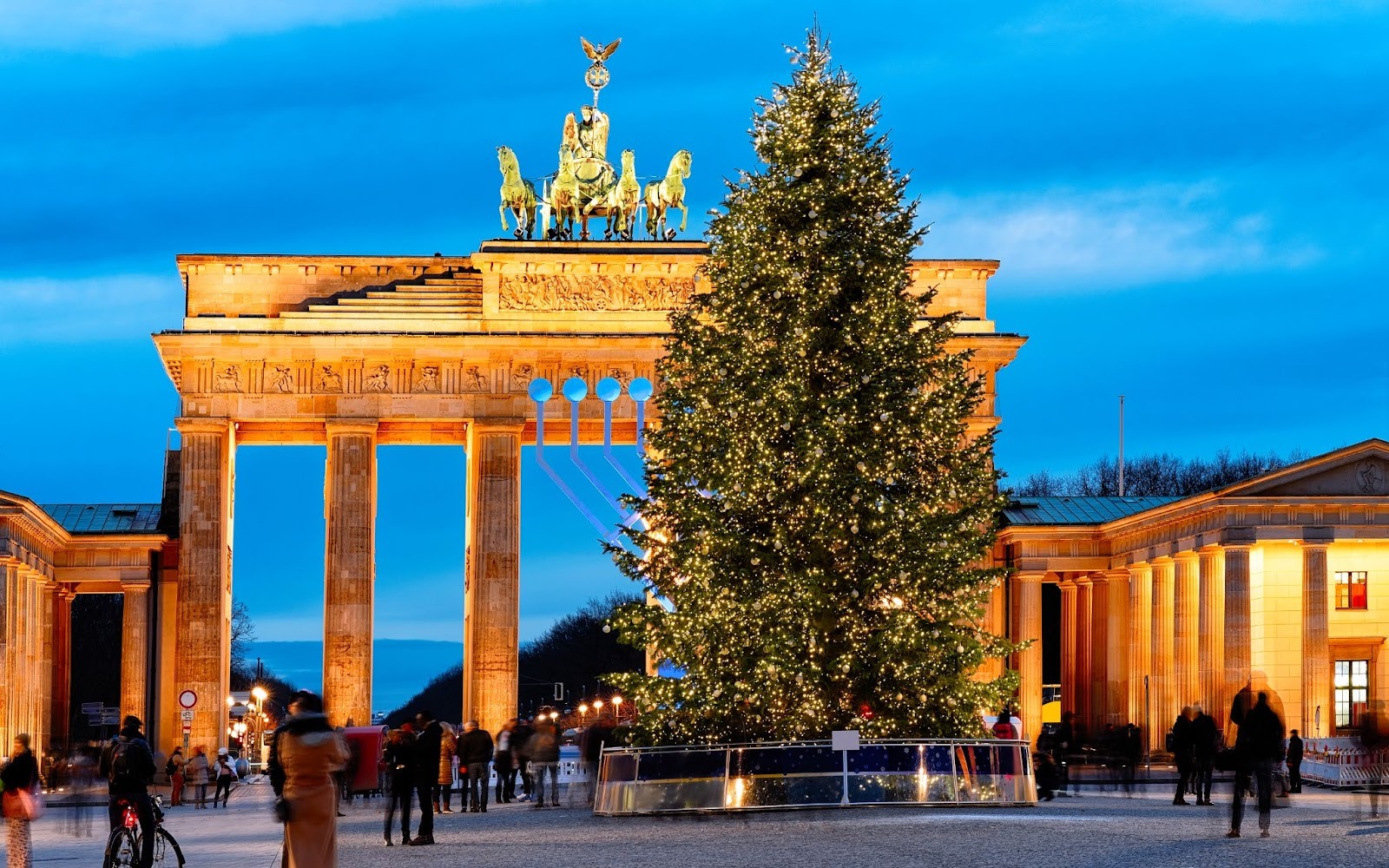
On December 31, the city turns into one giant open-air rave. Expect fireworks from balconies, random hugs from strangers, and free transport after midnight. The official show at Brandenburger Tor is spectacular — but so are rooftop views from Kreuzberg.
Find more chaos in our Nightlife & Clubbing Culture feature.
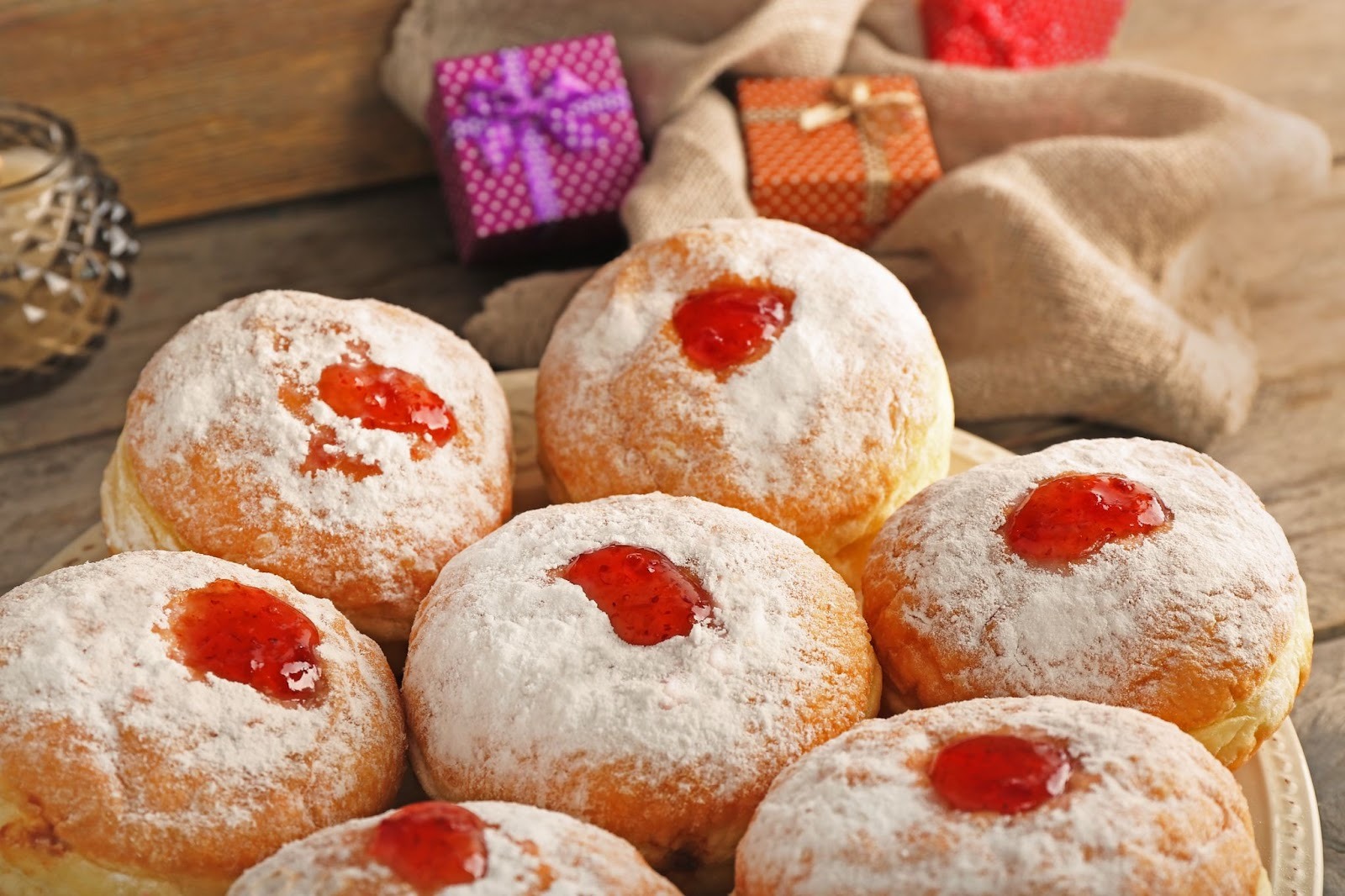
Skip champagne: locals ring in the new year with jelly-filled donuts they call Pfannkuchen (Berliner to everyone else).. One may secretly hide mustard — a prank for the unlucky. Pair with prosecco and superstition.
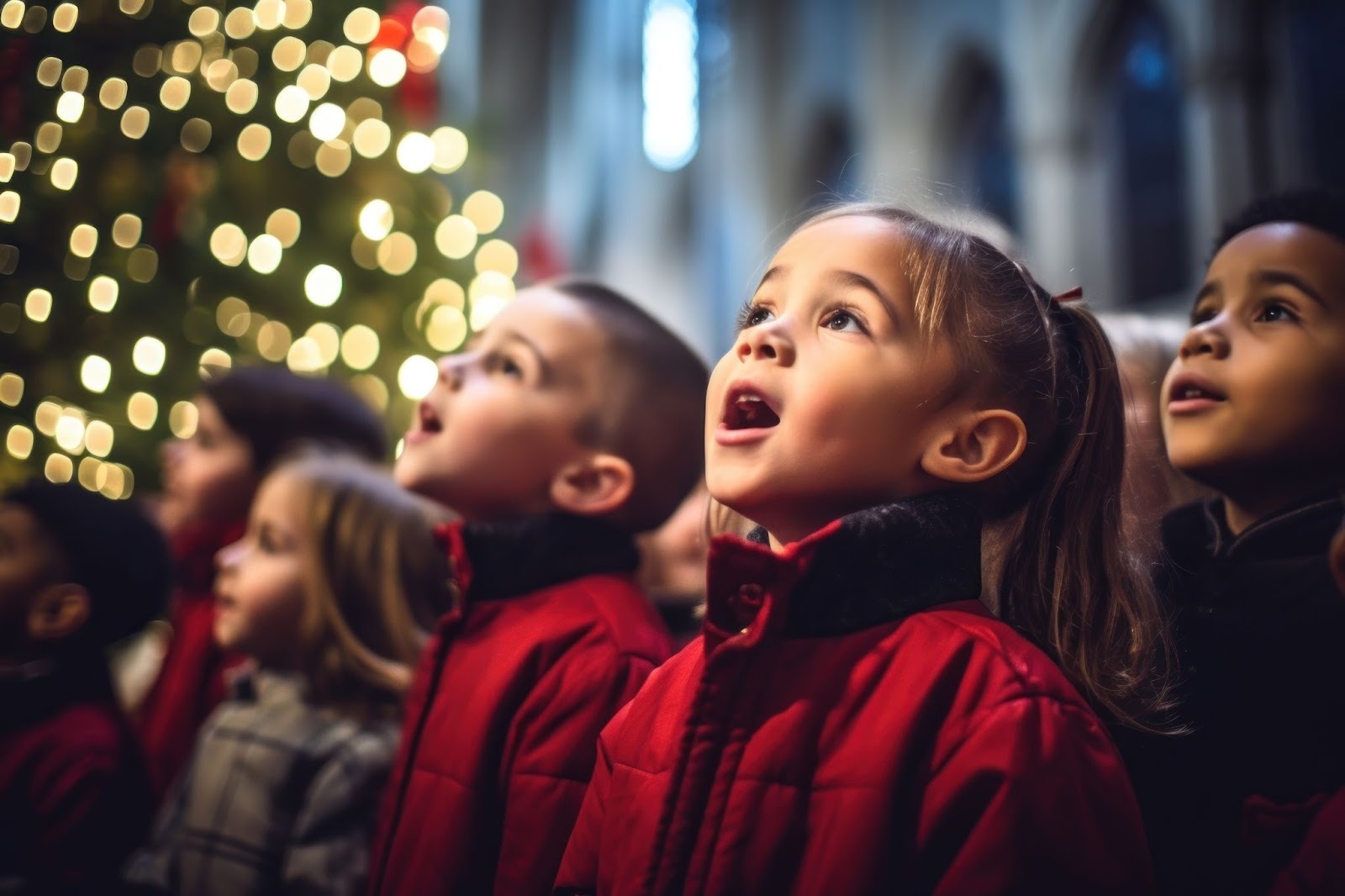
By January 6, star-singing kids (the Sternsinger) bless homes with chalked initials — “20 ✝ C ✝ M ✝ B ✝ 25” — and collect donations for charity. Some regions get a public holiday; in Berlin, it’s symbolic but still heartfelt.
☑ Dress for layers. Wool + waterproof = survival.
☑ Keep cash on you. Small stands often skip cards.
☑ Don’t plan on late-night shopping. Sundays are still sacred.
☑ Learn one German carol. “O Tannenbaum” is easy and earns you smiles.
Participating in Berlin’s holiday rituals isn’t just festive; it’s a form of cultural literacy. It’s how you stop feeling like an observer and start belonging. Each candle lit, each sip of Glühwein, each quirky German word sung badly — they all count.
Check out:
Focused on finding English-speaking services in Berlin for the winter? A4ord helps expats book verified cleaners, handymen, and pet care across Berlin.
Keep reading Expats Magazine for an insider look at Berlin’s Scene from within.
Whether you're moving or settling in Germany, A4ord.de ensures trusted experts are just a click away.